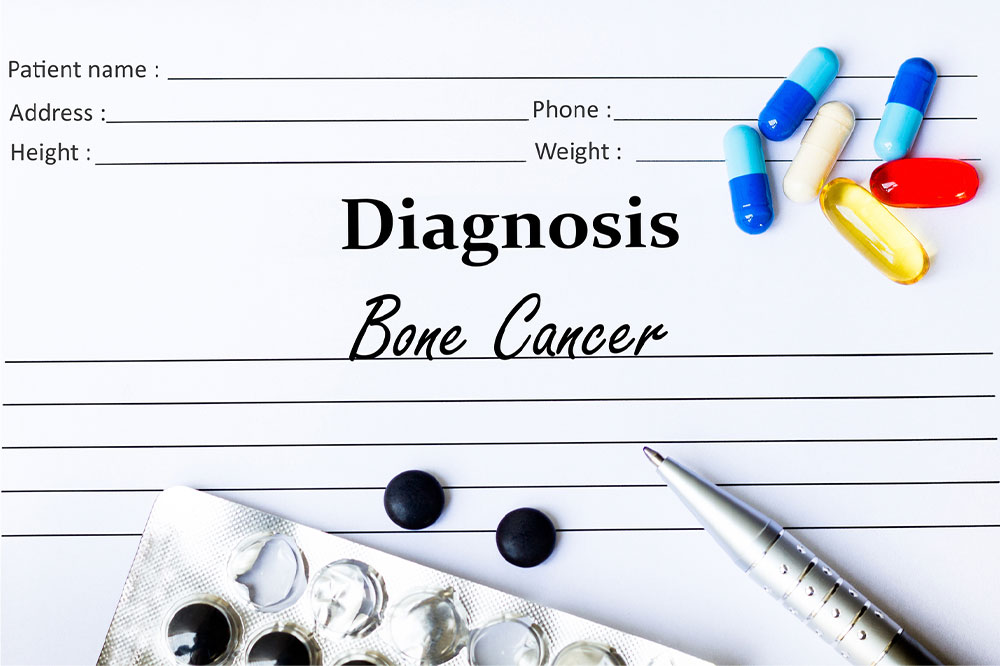9 warning signs that indicate bone cancer

Bone cancer occurs due to abnormal cell growth in a bone, usually the arm, leg, or pelvic bones, but sometimes the skull, hips, and ribs. In its advanced stages, bone cancer may spread to other body parts, including the surrounding tissues, bones, and organs. On the bright side, patients with bone cancer can recover completely if the condition is diagnosed and treated early. Understanding some of its early signs can help with timely diagnosis and intervention.
Swelling
Most individuals with bone cancer experience inflammation and swelling over the affected area, leading to restricted mobility, mainly if the cancer occurs in a bone close to a joint.
Fever
In some cases, bone cancer may escalate to fever of 100 degrees Fahrenheit or above. Although the underlying cause of such fever is unclear, some studies suggest that it may be due to certain toxins produced in the bodies of patients with bone cancer.
Bone Lump
Bone cancer sometimes leads to the development of a lump on the affected bone. This lump may grow with the progression of cancer and may sometimes cause pain.
Anemia and fatigue
The bones in one’s body govern the production of red blood cells (RBC), which supply oxygen throughout the body. Bone cancer prevents RBC production, causing a lack of oxygen supply and fatigue. Moreover, lack of RBC can also cause the onset of anemia, which may worsen in some cases following cancer treatment.
Night sweats
Patients with bone cancer may experience night sweats, indicating that the body is attempting to fight against cancer cells. Hormone-level fluctuations due to bone cancer may also cause night sweats.
Loss of appetite
Fatigue due to bone cancer may trigger loss of appetite, a common symptom among patients with this condition.
Limping
Patients with cancer developing on their leg bones may experience difficulty walking, causing them to limp.







